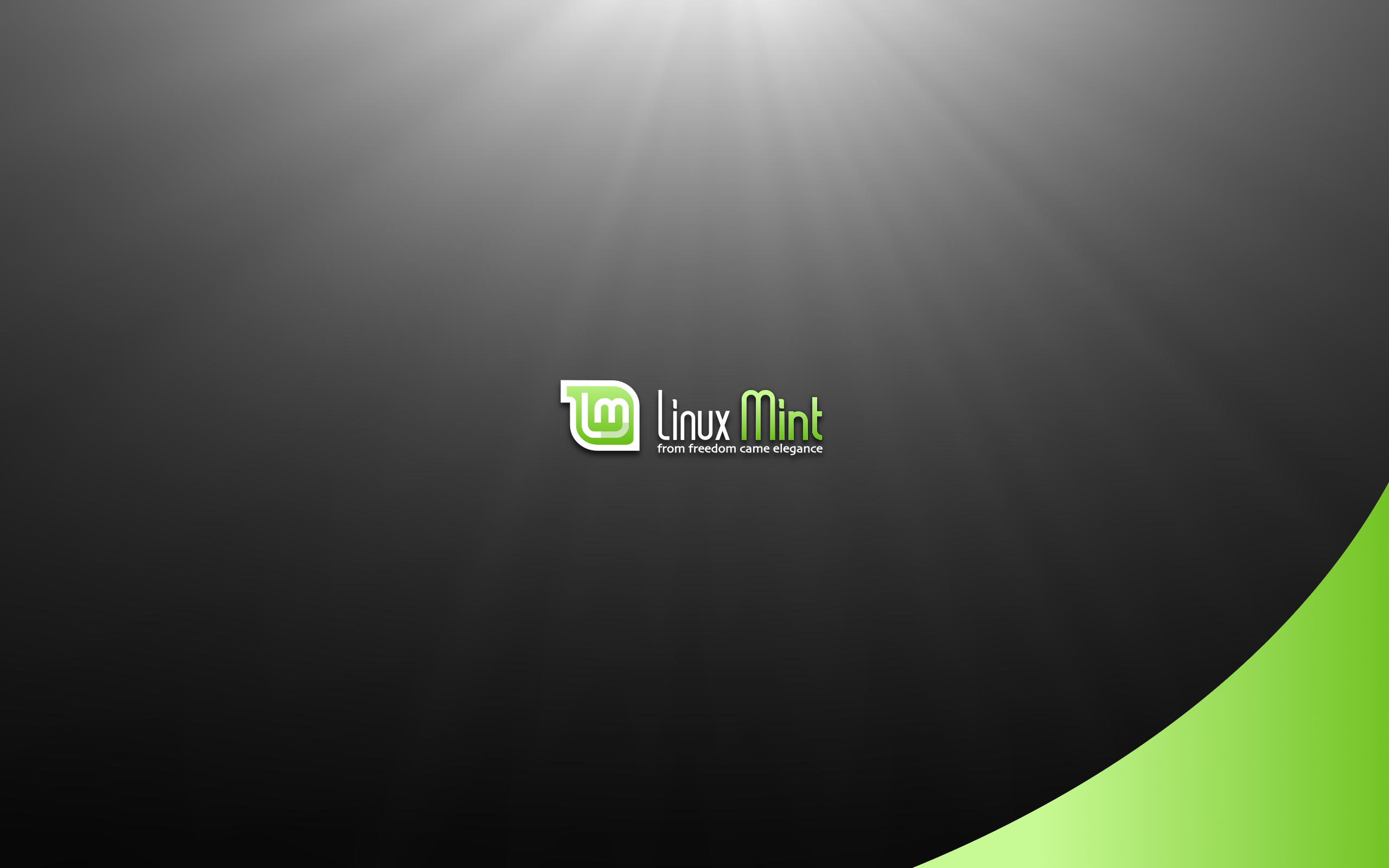
The second stanza assigns a very low priority to all other Debian packages, so they will only be automatically installed or updated if necessary to satisfy a dependency. This is called apt pinning, and is described in the apt_preferences manual. The first stanza assigns a below-normal priority to Debian Chromium packages just high enough to allow them to be manually installed and automatically updated, but not high enough to be preferred over Ubuntu packages. It may already be on your system, too, but if not, you should install it: sudo apt install debian-archive-keyringĬreate an /etc/apt/preferences.d/debian-chromium file containing: Explanation: Allow installing chromium from the debian repo.Įxplanation: Avoid other packages from the debian repo. Note: The /usr/share/keyrings/debian-archive-keyring.gpg file referenced above, along with several other Debian keyring files, are already present on my Ubuntu system thanks to the debian-archive-keyring package. However, we're going to add some rules to avoid this problem. This is ordinarily a bad idea, because you don't want hundreds of random Ubuntu packages being replaced with Debian versions, which would very likely break your system. That tells apt to look for packages not only in the Ubuntu archives, but also in the Debian stable archives. That just makes sure that the files I create will be readable by everyone, including the system.Ĭreate an /etc/apt//debian-stable.list file containing: deb stable mainĭeb-src stable mainĭeb stable-security mainĭeb-src stable-security mainĭeb stable-updates mainĭeb-src stable-updates main (You can leave out the chromium-chromedriver part if that package isn't installed on your system.) umask 22 sudo apt purge chromium-browser chromium-chromedriverīye bye, fake Chromium packages. snap remove chromiumīye bye, annoying snap. That brings all my already-installed Ubuntu packages up to date, so it will be easier to see how upgrades are affected after I make my changes. Here's what I did on Ubuntu 19.10: sudo apt update & sudo apt upgrade If you break something, it's your own fault. Obligatory Warning: This is entirely unsupported and could conceivably cause problems either immediately or in the future. There is no need to risk installing software from some random source or telling your system to trust a PPA. This makes sense from a security perspective, since Debian is where Ubuntu already gets most of its packages, and is a very well known high-profile project. We can configure Ubuntu to get it from there, and continue to receive timely security updates along with all of our other OS updates. Linux Mint builds of Chromium, which areĭebian still maintains Chromium as a regular package in their APT repository.

Using multiple debian repos, but please find a different source for Chromium. I am leaving this post in place because it describes a general technique for It looks like the Debian security team is


 0 kommentar(er)
0 kommentar(er)
